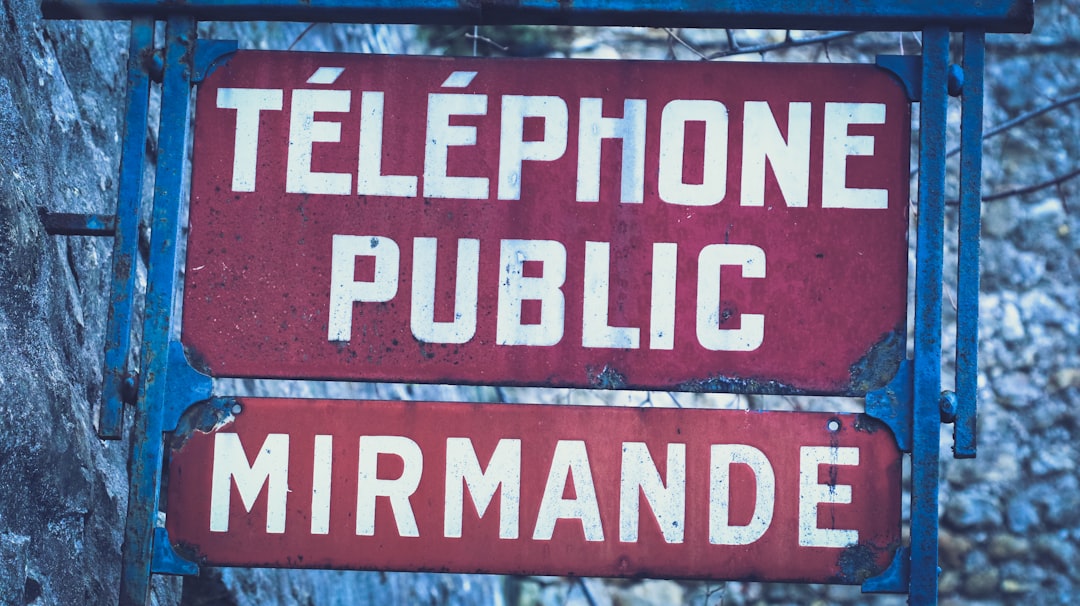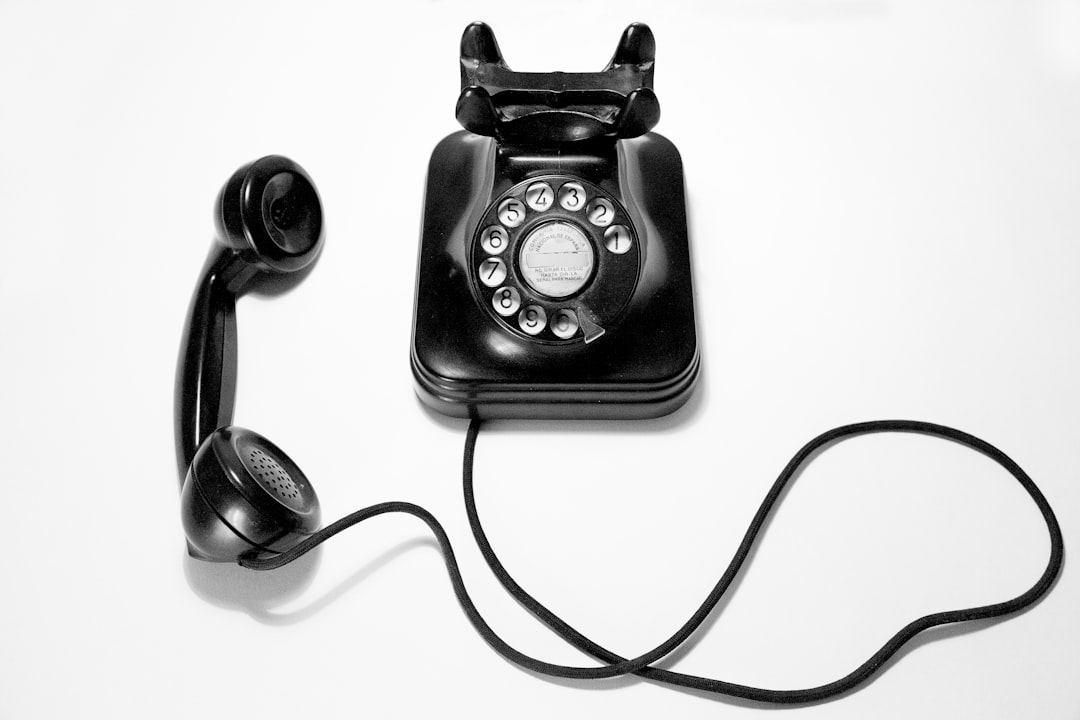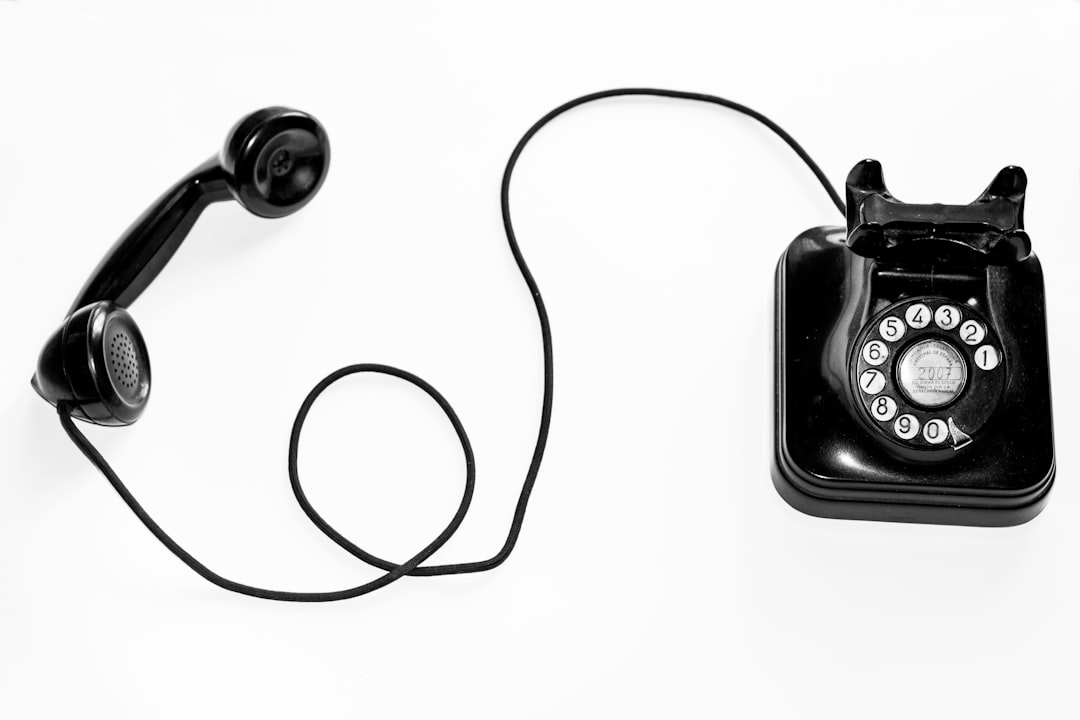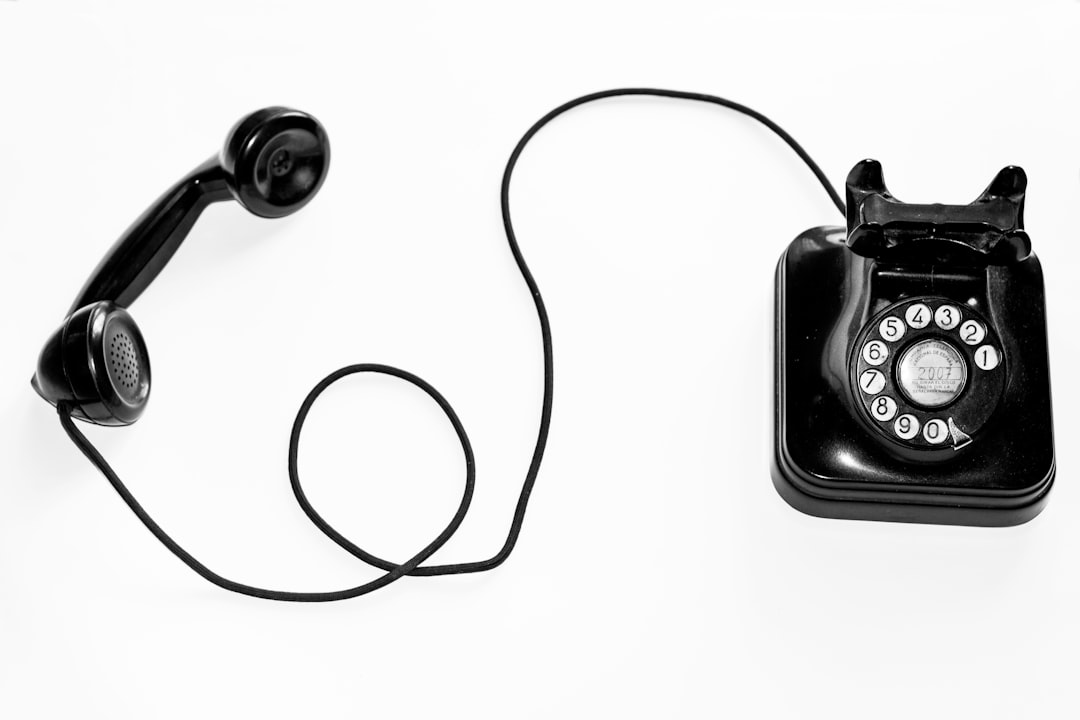In Minnesota, understanding and adhering to strict Do Not Call laws is crucial for managing telemarketing calls. Registering your number limits contacts to 30 days without legal repercussions. Businesses must train staff, implement tracking systems, and comply with state/federal laws to protect customers and avoid fines. Efficiently manage inbound calls by screening quickly, responding professionally, and verifying callers' legitimacy. Outbound telemarketers targeting specific demographics must adhere to strict guidelines. Residents can register on the Do Not Call list online or via mail, significantly reducing unsolicited calls. The Minnesota Attorney General's Office investigates complaints and takes legal action to protect consumer privacy.
In Minnesota, managing telemarketing calls effectively is crucial for businesses aiming to uphold consumer rights while fostering positive interactions. Understanding the state’s strict ‘Do Not Call’ laws, as enforced by local attorneys, is essential for every organization. This guide navigates through preparing your business, handling inbound and outbound calls, monitoring telemarketers, and ensuring compliance in the Minnesota landscape. By following these strategies, businesses can revolutionize their approach to telemarketing while respecting consumer preferences.
Understanding Minnesota's Do Not Call Laws

In Minnesota, managing telemarketing calls is both an art and a legal consideration. It’s crucial to understand the state’s Do Not Call laws, which are designed to protect residents from unwanted sales or promotional calls. These laws are enforced by the Minnesota Attorney General’s Office, making it imperative for businesses and individuals alike to adhere to these regulations.
If you’ve registered your number on the state’s Do Not Call list, telemarketers have a restricted window of time (usually 30 days) to contact you without facing legal repercussions. Violating these rules can lead to fines, highlighting the importance of recognizing and respecting consumer privacy rights.
Preparing Your Business for Telemarketing Calls

Preparing your business for telemarketing calls involves more than just setting up a phone system—it’s about establishing clear guidelines and policies to protect your customers and employees. In Minnesota, where privacy laws are stringent, including “Do Not Call” attorney general regulations, it’s crucial to educate both staff and clients on the importance of these rules. Train your team to recognize and respect do-not-call requests, ensuring compliance with state and federal laws.
Implement a robust system for tracking caller information, including phone numbers and opt-out preferences. This not only helps in maintaining customer relationships but also acts as a defense against potential legal issues. By preparing ahead, you demonstrate your commitment to ethical telemarketing practices, fostering trust among clients and ensuring your business remains compliant with Minnesota’s strict regulations.
Effective Strategies to Handle Inbound Calls

In a state like Minnesota, where consumers are protected by laws regarding telemarketing practices, such as the “Do Not Call” registry, managing inbound calls effectively is crucial for businesses and individuals alike. The first step in handling these calls strategically is to prioritize and screen them promptly. Implement a system that filters out unwanted or unauthorized callers, especially those pretending to be attorneys or legal firms, by using automated screening tools or manually reviewing call data.
For valid business or personal interactions, train yourself or your team to handle these calls with professionalism and efficiency. This involves greeting the caller politely, clarifying their purpose, and asserting your rights as a Minnesota resident to refuse unsolicited offers or information. If you’re unsure about the legitimacy of a call, it’s best to hang up and verify independently rather than providing any personal details.
Dealing with Outbound Telemarketing: What to Expect

When it comes to dealing with outbound telemarketing calls, especially in Minnesota where the “Do Not Call” registry is well-maintained, residents can expect a more regulated experience. These calls are typically generated by businesses aiming to promote their products or services, and they often target specific demographics. In Minnesota, with its strict consumer protection laws, residents have the right to refuse these calls and register their numbers on the state’s Do Not Call list.
Minnesota’s robust consumer protections mean that outbound telemarketers must adhere to strict guidelines. If you receive such calls, it’s advisable to politely decline any offers or solicitations and inform the caller that you are already a customer of their competitor (even if you’re not) to prompt them to remove your contact information from their lists. This proactive approach can significantly reduce unwanted telemarketing calls and give you greater control over your privacy.
Monitoring and Regulating Telemarketers in Minnesota

In Minnesota, telemarketing activities are regulated by the Minnesota Attorney General’s Office, which has implemented laws to protect residents from unwanted calls. The Do Not Call Registry is a significant tool available to Minnesotans, allowing them to opt-out of receiving marketing calls. Residents can register their phone numbers online or through mail, ensuring they receive fewer unsolicited calls. This registry plays a crucial role in monitoring and regulating telemarketers, empowering individuals to take control of their privacy.
Additionally, the Minnesota Attorney General’s Office investigates complaints related to telemarketing practices, including those that violate the Do Not Call laws. They have the authority to take legal action against companies or individuals found guilty of making intrusive or deceptive calls. This oversight helps maintain a balance between businesses’ marketing efforts and consumers’ right to peace and quiet, especially considering the prevalence of persistent telemarketers.






